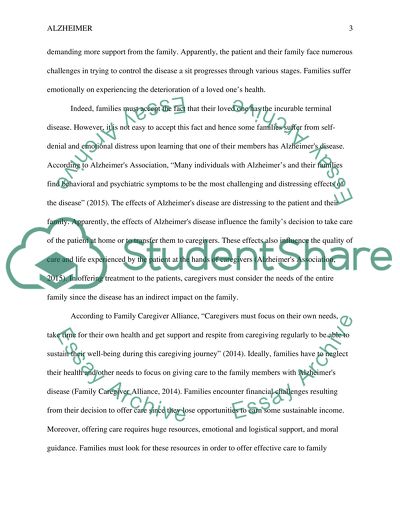Cite this document
(“Alzheimer's: The effect on the family Research Paper”, n.d.)
Alzheimer's: The effect on the family Research Paper. Retrieved from https://studentshare.org/psychology/1673975-alzheimeraposs-the-effect-on-the-family
Alzheimer's: The effect on the family Research Paper. Retrieved from https://studentshare.org/psychology/1673975-alzheimeraposs-the-effect-on-the-family
(Alzheimer'S: The Effect on the Family Research Paper)
Alzheimer'S: The Effect on the Family Research Paper. https://studentshare.org/psychology/1673975-alzheimeraposs-the-effect-on-the-family.
Alzheimer'S: The Effect on the Family Research Paper. https://studentshare.org/psychology/1673975-alzheimeraposs-the-effect-on-the-family.
“Alzheimer'S: The Effect on the Family Research Paper”, n.d. https://studentshare.org/psychology/1673975-alzheimeraposs-the-effect-on-the-family.


